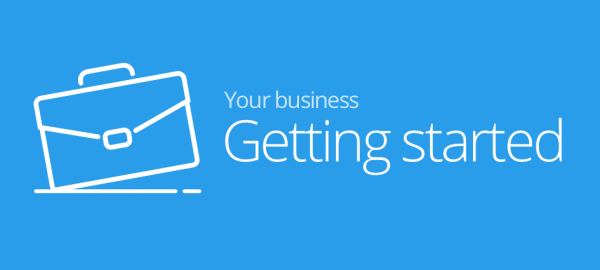As another national lockdown begins in the UK, let’s take a look back at the first lockdown and people who created start-ups. What reasons did they have for starting a business during such turbulent times? Will more fledgling businesses spring up during this lockdown? Let’s take a look at a recent article from the BBC (https://www.bbc.co.uk/news/business-55405289) that featured 8 really interesting points…
- People had different motivations, it wasn’t all about necessity
Sure, some people absolutely needed an inventive way to make money because their usual livelihood had been disturbed, but for some people on furlough they finally had the time and headspace to bring their ideas to life.
2. Running a business from home made sense during the pandemic
With the message to stay at home, there were no other real options; people had to get creative and convert kitchen tables into desk spaces, or repurpose their garages into production lines or head to their conservatory to work. An especially pertinent point for parents or those with other caring duties. There was no sense that home-run businesses were somehow ‘less professional’ than those with premises – it opened up an opportunity for so many.
3. Food and craft products were popular
Turning hobbies into small businesses was happening all over the land during the March 2020 lockdown. Individuals realised their passion for endeavours such as candle-making, glass-blowing, cake-making or sewing was something that could generate an income.
4. People found their skills were more transferable than they thought
Digging deep and exploring other avenues for employment was a necessity for some people whose pre-lockdown careers looked set to be a long-term victim of the pandemic. Those working in hospitality report having a natural flair for customer service and those working in traditional retail settings, have transferred their experience of stock control, pricing and sales to online commerce.
5. Customers wanted to support local enterprises
A real desire to support small, independent, local businesses emerged and handmade products were being safely delivered to people’s doorsteps; giving sellers a new income and buyers a sense they were helping their community to thrive. Facebook was often the medium of choice to begin with, targeting friends and family, before branching out with a website.
6. Companies did well that focused on online
It makes total sense that businesses born during lockdown needed to concentrate on getting their online offering right, and were the businesses that really succeeded. Many found that by setting up a simple website with links to platforms such as Teams or Zoom, they could hold very successful teaching classes for skills such as cooking, sewing or creative writing. Even DJs were holding online gigs for fans to listen to. All things that could be chargeable and become small online businesses.
7. Social media is your marketplace
Pretty much all of us are adept at using some form of social media these days. Facebook has made running adverts on their platform straightforward and affordable – opening up an easy way to reach a bigger audience than your own friends and family. Your own contacts are a great way to test the water with a new product or service but expanding beyond that is essential to really get the business off the ground.
8. Not all of these businesses will be permanent
The boom in 2020 lockdown businesses was big, but they won’t all survive. Some will cease when as sectors such as hospitality, travel and events begin to recover. Others just won’t quite hit the mark and will fade away. However, some businesses formed during the 2020 pandemic will undoubtedly flourish.
Fancy starting your own lockdown venture in 2021?
The great thing about starting an online business is that it can genuinely get off the ground for a very modest sum of money. A couple of pounds for your domain name, a few more pounds per month for a Website Builder tool so you can build your own website (it’s SO easy!) and then all you really need in the very early days is your business email address, again a few pounds per month. You may even strike it lucky while we have special offers on and grab yourself something for FREE, or a domain name for a £1.00. Check out our current offers at names.co.uk or get searching below…
